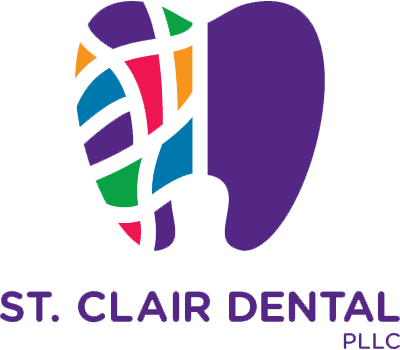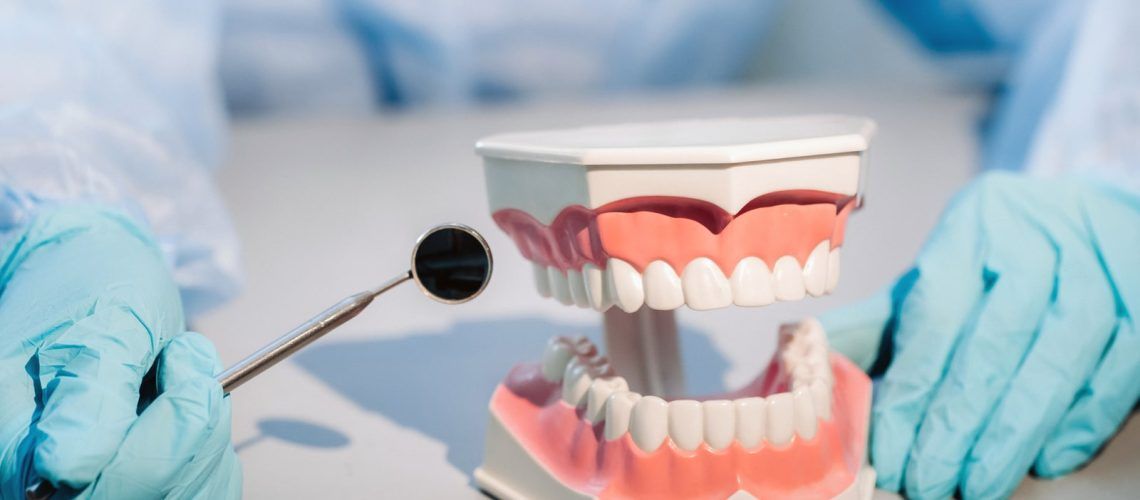Receiving a dental restoration can be one of the best and most cost-effective ways to care for your health. But what exactly is considered a dental restoration? How do dental restorations work? How do dentists provide dental restorations? At St. Clair Dental PLLC, we can provide a basic introduction to dental restorations, how they work, and how they can improve your smile.
What’s Considered a Dental Restoration?
Dental restorations are treatment methods used to repair or improve teeth. Restorations work to improve your oral health and function by using various medical techniques to correct damage, remove decay, and improve your smile’s appearance. Restorations can be used for multiple purposes, and because of how flexible these treatments are, dentists have more available to customize their treatments for their patient’s needs.
Dental restorations are classified into two different categories, which include:
- Direct Restorations: Direct restorations refer to restorations that are performed inside the mouth. Most direct restorations use composite resin as the material of choice, as it can be applied, shaped, and hardened inside the mouth without dental laboratories. Some examples of these treatments include:
- Dental Fillings: Dental fillings replace the decayed or damaged portion of the tooth with composite resin and fill the inside with a protective material against cavities.
- Composite Bonding: Composite bonding sessions replace parts of the teeth, such as a chipped surface or discoloration, by bonding with the tooth’s surface.
- Dental Sealants: Dental sealants are used to mend molars with deep crevices and are a preventative treatment. These sealants are used for children who have a higher risk of cavities.
- Indirect Restorations: Indirect restorations are treatments that require products and materials to be fabricated outside the mouth, such as in a dental laboratory, to treat the patient’s condition. Some examples include:
- Dental Crowns: Crowns are tooth-shaped caps that provide excellent strength and aesthetic value, protecting a damaged tooth from further decay or damage.
- Dental Bridges: Dental bridges are small rows of artificial teeth usually supported by crowns, implants, or natural teeth and help restore a normal bite.
- Dental Veneers: Veneers are semi-transparent shells made from porcelain that provide excellent cosmetic value for teeth suffering from discoloration.
- Dental Implants: Implants work to restore the jawline and work by having a full crown attached to an implant post.
- Dentures: Dentures provide a complete, artificial set of teeth, making chewing and speaking more comfortable.
Many dentists are qualified to provide dental restorations, but many dentists will often provide these restorations depending on the patient’s goals. For instance, cosmetic dentists will often provide dental restorations that are more aesthetic-focused. In contrast, other dentists, such as endodontists or orthodontists, can provide restorations that are intrinsically focused on treatment within their expertise.
Choose Your Dental Restoration With St. Clair Dental PLLC
If you’re having teeth problems, see our dentists at St. Clair Dental PLLC. Our dentists can provide you with many restorative treatments to ensure you have a healthy smile for years to come. Call our practice today to schedule an appointment with our team to learn more!

